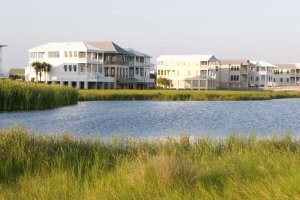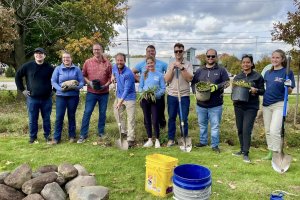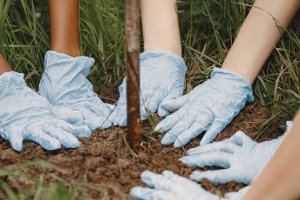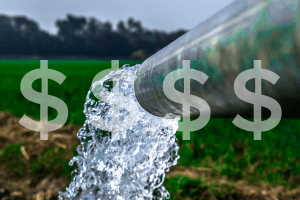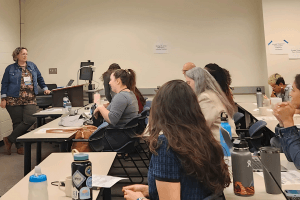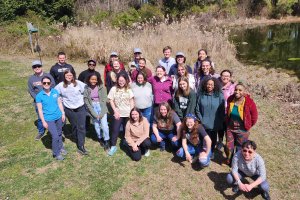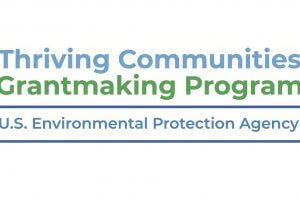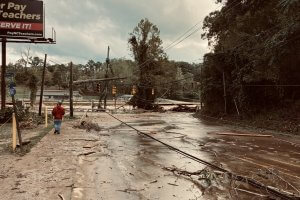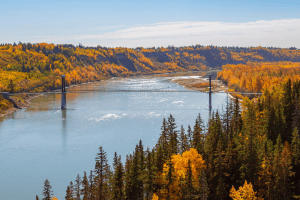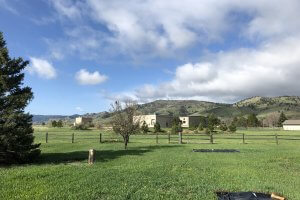You have the opportunity to stand up for wetlands today by telling EPA just how beneficial and important wetlands are for our communities. The Clean Water Act (CWA) protects the “waters of the United States.” This consequential term, referred to by its acronym “WOTUS,” has been heavily redefined and debated over the last several administrations… Read More ›
Blog
The Importance of State Level Water Funding
by Amy BoalOp-Ed: We must continue investing in water infrastructure
by Erin Kanzig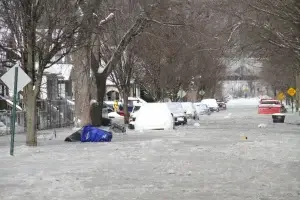
The following op-ed was originally published on March 15, 2025 in BridgeDetroit. The author, Erin Kanzig (she/her) is a resident of Detroit, MI. She is the Drinking Water Program Director at River Network, where she works on water infrastructure, affordability, and contamination issues nationally. A water main breaks every two minutes in America. Think… Read More ›
Keeping Up with Water Decision-Making in Washington, DC – April 15, 2025
by Campbell SimmonsBuilding Local Leadership for Community Resilience
by Hannah MicoRooting Resilience: Meet the Awardees
by Amy BoalRiver Network announces nearly $3.3 million to local organizations and Indigenous communities for tree planting and maintenance projects, increasing health and happiness nationwide. River Network, a national nonprofit that grows and strengthens local water, justice, and river advocates across the United States is thrilled to subaward $3.3 million to 21 community-based organizations and Indigenous communities… Read More ›
Making Sense of Federal Funding for and with Local Changemakers
by Ryleigh NucilliThe Road to Clean Water: Putting Power into Advocates’ Hands
by Colleen McGuireSteps Toward Progress: The 2024 Lead and Copper Rule Improvements
by Shelby ClineNew Resource: Federal Response Overview Post-Climate Disaster
by Campbell SimmonsConnecting Leaders and Creating Community, Across Generations
by Brenna GogginApply for Thriving Community Grants
by Dina AbdulhadiThe EPA’s Thriving Communities Grantmaking Program aims to make it easier for small, community-based organizations—particularly those with low capacity or resources—and other eligible subrecipients to access federal funding for projects that identify, document, address, and respond to conditions related to environmental and/or climate issues. Interested applicants should apply through the program for their geographic region,… Read More ›


